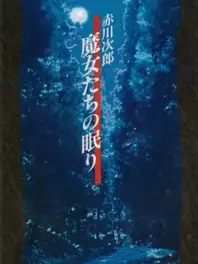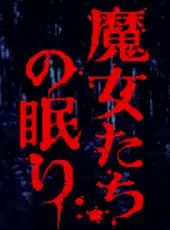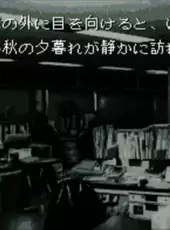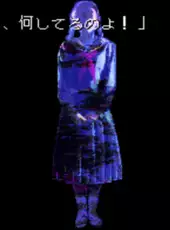
Akagawa Jirou: Majo-tachi no Nemuri - Гайды
Жанры:
Adventure, Visual Novel
Платформы:
PC (Microsoft Windows), PlayStation 3, PlayStation, PlayStation Vita, PlayStation Portable, Super Famicom, Satellaview
You work as a ordinary office worker. One day, you get a mysterious call to your office phone. A shaky female voice is on the other side almost whispering "....he...lp...me...murder...". Then the call ends.
During the night you have a strange dream, a childhood friend is talking directly to you, lamenting her situation. You wake up an look at the newspaper. There is an article about the same childhood friend missing.
In order to help, possibly save, your childhood friend, you set out into a village in the mountains where she has been working as a teacher..
During the night you have a strange dream, a childhood friend is talking directly to you, lamenting her situation. You wake up an look at the newspaper. There is an article about the same childhood friend missing.
In order to help, possibly save, your childhood friend, you set out into a village in the mountains where she has been working as a teacher..
Выпущено на 04.11.1995
Краткое содержание:
Akagawa Jirou: Majo-tachi no Nemuri ("Jirou Akagawa's The Sleep of Witches") is a visual novel adventure game with a supernatural murder mystery theme. As with Chunsoft's Sound Novel series, it features a series of static photographs with Japanese text overlaid on top. The narrative is supported by background ambient music and sound effects.The story was written by Japanese thriller author Jirou Akagawa, based on his novels Majo-tachi no Tasogare and Majo-tachi no Nagai Nemuri. It concerns an office worker who is prompted to look into the apparent suicide of a girl from his childhood after receiving a weird phone call asking for help and a vivid dream about her. He returns to the mysterious mountain shrine where she was reported to have burned to death.
The game was originally released for the Super Famicom in 1995 and later saw enhanced ports for the Sony PlayStation in 1999 (with the subtitle Fukkatsusai, or "Easter") and Windows PCs in 2001 (with the subtitle Kanzenban, or "Perfect Edition").
×
![]()




